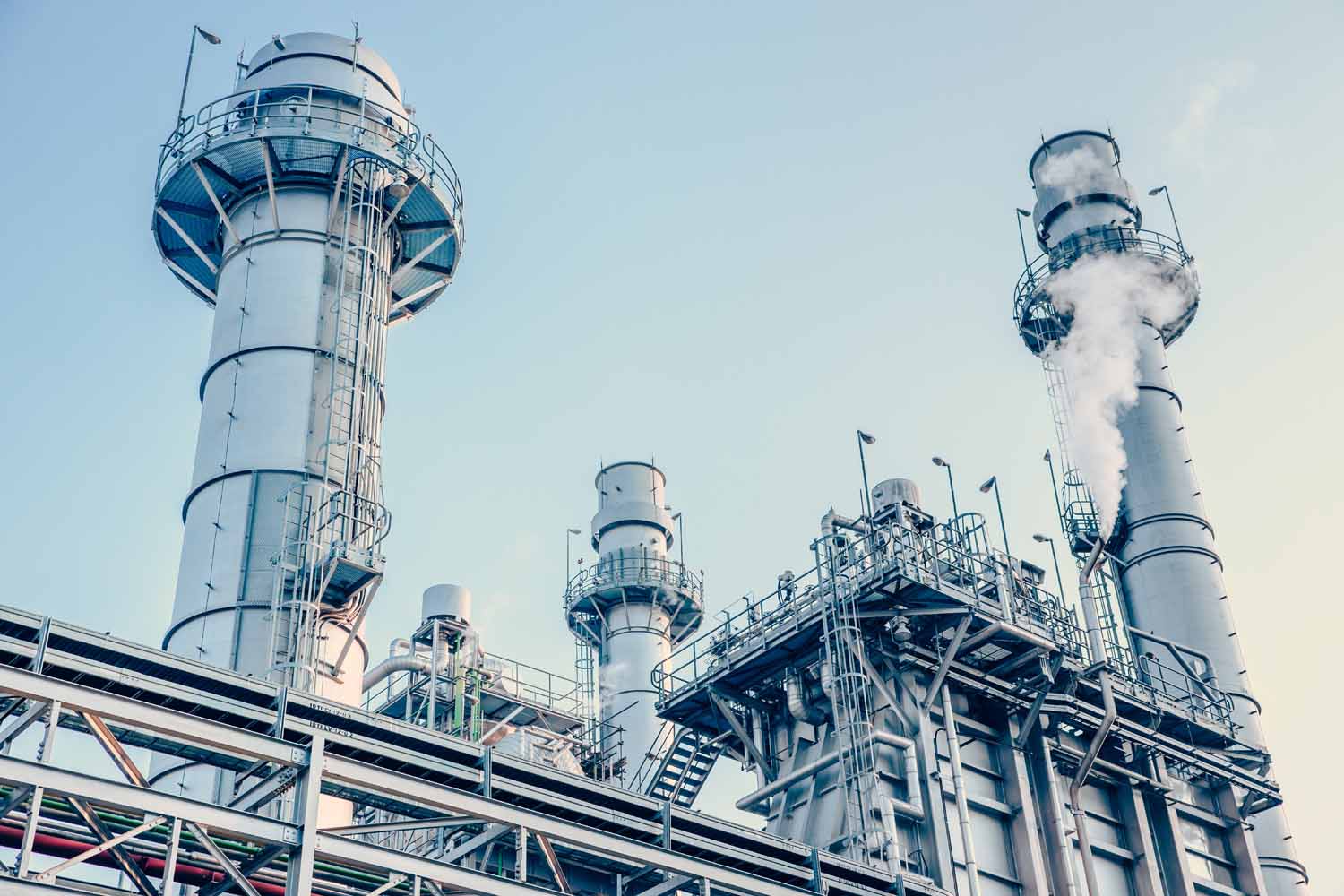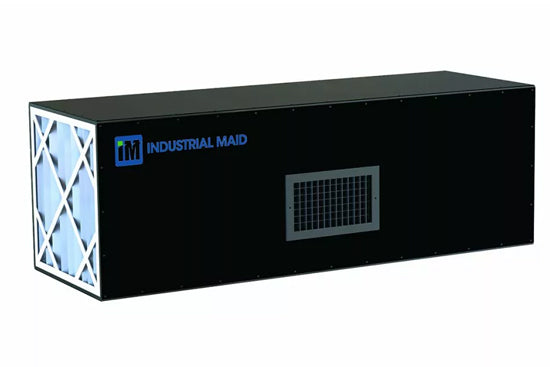Energy, Oil, and Mining
In the dynamic landscape of the Energy, Oil, and Mining (EOM) industry, safety and efficiency are paramount. Among the numerous challenges faced, airborne particulate matter emerges as a significant concern. From drilling rigs to mining operations, the release of hazardous particulates poses health risks to workers and impacts the environment. This is where effective air filtration systems play a crucial role, ensuring the protection of both personnel and the surrounding ecosystem.
The EOM industry encompasses diverse operations, each with unique filtration requirements. In oil refineries, for instance, processes like catalytic cracking and distillation generate airborne contaminants such as hydrocarbons, sulfur dioxide, and volatile organic compounds (VOCs). Similarly, mining activities like drilling, blasting, and excavation release silica dust, asbestos fibers, and metal particles into the air. Power plants, whether coal-fired or nuclear, produce emissions like fly ash, mercury, and radioactive materials.

Air quality management in oil and mining fields is a critical environmental and occupational health issue. In these industries, the extensive excavation and processing of natural resources can release a variety of harmful particulates into the air, posing significant health risks to workers and nearby communities. Effective air filtration systems are essential to mitigate these risks, ensuring that air quality remains within safe limits and complies with environmental regulations. This is especially vital in enclosed spaces such as mines and drilling areas, where the concentration of airborne particulates can quickly reach dangerous levels.
Harmful Particles Commonly Found in Oil and Mining Fields:
- Silica Dust: Predominantly found in mining operations, especially during the drilling and crushing of rock materials.
- Asbestos Fibers: Naturally occurring in some rock formations and can be released during the mining process.
- Diesel Particulate Matter: Generated from the heavy machinery and transport vehicles commonly used in these fields.
- Metallic Dusts: Includes dusts of lead, cadmium, and mercury which are particularly prevalent in the mining of ores.
- Coal Dust: Specifically problematic in coal mining, where it can lead to respiratory issues like pneumoconiosis.
- Hydrocarbon Vapors: Released during oil extraction and processing.
Equipment and Causes Contributing to Airborne Particulates:
- Drilling Equipment: Generates large amounts of dust and vapors when penetrating rock formations.
- Blasting Tools: Used in both mining and oil fields, responsible for large plumes of dust and particulate dispersal.
- Heavy Machinery: Diesel engines in trucks, excavators, and loaders are major sources of diesel particulate matter.
- Crushing and Grinding Machinery: Releases fine particles of metals and minerals into the air.
- Conveyor Belts and Transfer Points: Common points for dust escape during the handling and processing of materials.
- Ventilation Systems: Inadequate ventilation can fail to dilute or remove hazardous airborne contaminants effectively.
Implementing robust air filtration strategies tailored to address these specific particles and equipment can dramatically improve air quality, safeguarding the health of workers and the surrounding environment.
These Industrial Units help to filter the air in these spaces without ducting. They can be partnered with HEPA filters and/or Carbon filters to capture minute particulates like Silica dust or fumes/vapors generated from equipment in Oil and Mining.
See Industrial Maid Air CleanersOur Environmental Walls/Filter Walls are great if you need to pull the air to the side or don't have access to ceiling hanging. These units, like our Industrial Air Cleaners, can help with a number of common hazardous particulates and are customizable for your facilities needs.
HEPA Filters are effective at capturing fine particles, such as Silica Dust, Metal particulates, Coal Dust, etc.
Carbon Filtration helps to capture Hydrocarbon Vapors and Diesel Fumes.
See Customizable WallsOur Ducted units work well to capture these particulates at the machine level. These units can be ducted from a specific machine to filter the air before it ever reaches. HEPA, CARBON, and 2 phase filtration with Bag helps to capture the major particulates typically generated by this industry. This can also help capture, filter, and exhaust air outdoors if needed or be placed outside to conserve space.
See Industrial Maid M Series Ducted unitsThese ducted units help to filter oil mist from machines before it gets into the air.
Oil Mist OptionsSafer Environment. Safer Employees.
-

Oil Mist Elimination
Additional Information on Oil Mist Elimination -

Air Management for Mining
Mining Manufacturer Case Study -

Understanding Diesel Smoke
Diesel Smoke Dangers
Search By Product, Application or Industry
We specialize in general plant air filtration, welding shop filtration systems, automatic and robotic welding cell filtration, and oil mist and particle control for any industry. Whether you challenge stems from welding fumes and smoke; laser and cutting fumes and smoke; grinding and deburring dust; dry dust; powders; machine processes; mist removal; sanding and finishing; vehicle exhaust or dust collection ? We’ve got you covered.






